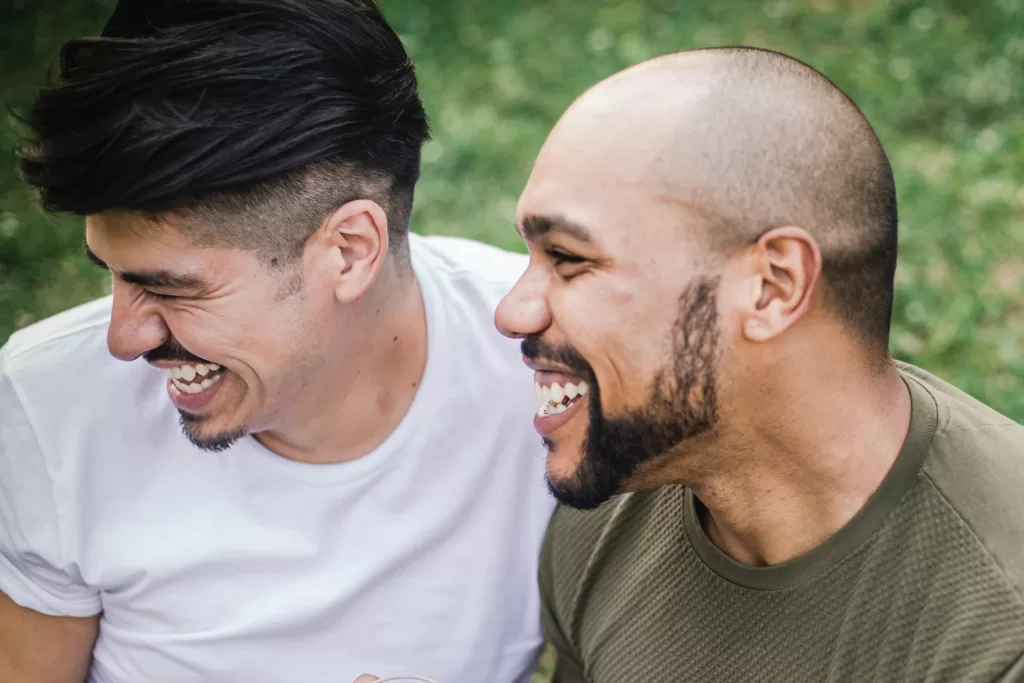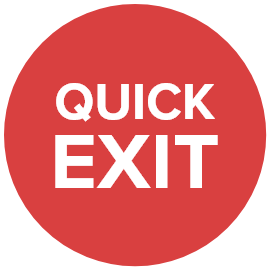Sexual assault can happen to anyone, regardless of gender or sexual orientation. From the limited data available, we know that LGBTQ+ people in Australia are significantly affected by sexual assault in their intimate partner relationships. 48.6% of LGBTQ+ people aged 18 and over reported having ever been coerced or forced into sexual acts they did not want to engage in in the context of an intimate partner relationship (Hill et al., 2020). We see you and we believe you. Our Sexual Assault Helpline can provide you advice and support on 1800 010 120. You can choose to be anonymous.
We will listen and believe you
Sexual assault and sexual violence can also happen outside of intimate relationships. Including by housemates, friends, acquaintances, colleagues or strangers. No matter the situation, we will listen, believe and support you to access the help and services you need to start on your healing journey.
It doesn’t matter whether a sexual assault or abuse occurred recently or in the past. Or if you are unsure if what you have experienced is sexual assault or sexual abuse. Any person can call our Sexual Assault Helpline for confidential advice and support.
How we help LGBTQ+ folk
We will be guided by you in how we can help. This may look like supporting you with any safety concerns first and foremost. And then providing options depending on your situation and what you want to happen. Options can look like information, advice or counselling over the phone. We can also make referrals to other services if you would like ongoing support such as psychological support.
It is up to you if you want to make a report to the police or not. We recognise that some LGBTQ+ folk may be concerned about discrimination by the justice system or service providers. You deserve to feel safe and supported through this process so we can provide options like contacting the Queensland Police Service’s LGBTI Liaison Program via PoliceLink on 131 444. Or services like the LGBTI Legal Service or Open Doors Youth Service.

Sexual assault is a crime
And rapists know this so they may try to intimidate or scare you into staying quiet. If they threaten to ‘out’ you, disclose your HIV status, do something that will isolate you from your community or support networks, self-harm or any other manipulative behaviours, this is not okay! Sexual assault is not your fault and you deserve to feel safe and supported.
You can call the Sexual Assault Helpline for support, advice and options. Our helpline is a free number and you can choose to be anonymous.
For information about reporting sexual assault, navigating and understanding your emotions, or consent education, visit our Sexual Assault Helpline page.

